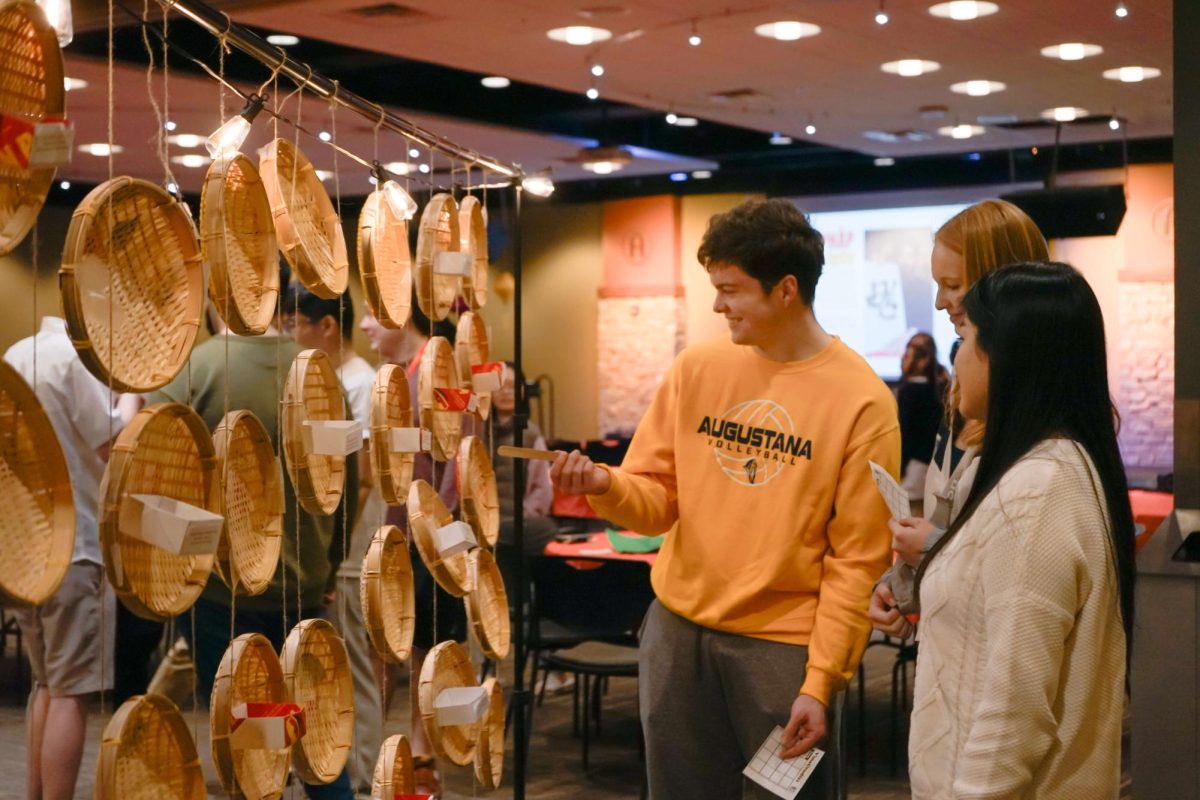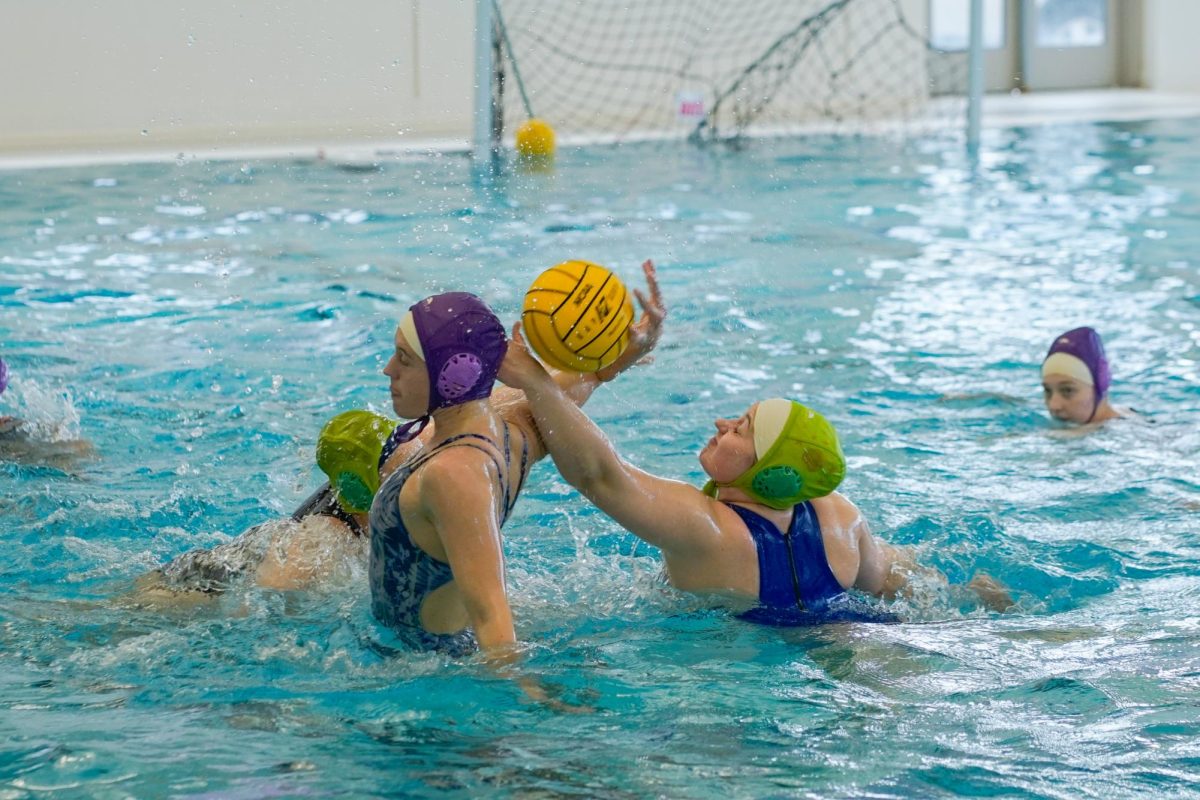Augustana students rush but don’t pledge – why?
March 12, 2022
During rush season, the eight fraternities and six sororities on Augustana’s campus allow for students not yet involved in Greek life to experience the possibility of joining a group without the pressure to commit to one.
To start, each group hosts an “informal” meeting where potential new members are introduced to those that represent a specific fraternity or sorority. Then come formals when people are more interested in those groups. Many students participate in these events without joining a group afterwards.
That next step would be pledging, the final step between one’s first introduction and their actual activation and admittance into the group of their choosing. The thing is, not a lot of students make it this far. Why could that be?
“If I rushed and then didn’t pledge, it’d mostly be because of time management and commitment, because most of your week and weekend is devoted to pledging, and that’s a lot of time that you’re giving to something new and fresh,” Kritan Shrestha, first-year, said. “It’s a huge time commitment, and it’s really hard to keep up with academics while pledging.”
Academics and maintaining grades may be a valid reason for why one decides to rush but not pledge, but can that stand as the sole reason for not pledging?
In pledging, you’re basically in the group you want, but not entirely – and it comes with a boatload of challenges and tribulations that may result in sacrificing time and energy.
Moreover, pledging comes with an abundance of responsibilities that one has toward their new group. Pledging constantly starts in the late evening, too, so it’s valid for pledges to feel pressured and stressed out, since they may have exams the following day or other rigorous schedules that need to be followed.
It’s reasonable when the question of whether or not one thinks they should go to pledging activities comes up, for I see pledging as this additional, added weight that some people decide to place on their shoulders, and that can have a profound impact on one’s mental, even physical health.
“With pledging, you have to take time out of your leisure time, the time reserved and needed for necessary relaxation. Doing that, you have to think that you could possibly screw up schoolwork, and you’re already stressed out and pledging just places more of a load on yourself. I think people who don’t pledge easily have more time for themselves,” Shrestha said.
It’s not foolish or childish in the slightest to point the finger at time as the reasoning for one’s not wanting to pledge. Rushing required one weekend wherein students were shuttled around to see the different groups. But pledging, after all, is a commitment, so it’s not merely one weekend. Instead, it’s four weeks of intense engagement with the Greek group of one’s choosing.
In that case, I think it’s totally reasonable for someone to participate in the rush process, and, just as well, it’s totally reasonable for someone to then not participate in pledging. Rushing presents a great opportunity to put oneself out there, socialize and meet new people.
“It depends on people. Some people like making friends, going out and partying every weekend, but some like to stay in,” Shrestha said. “But for some people, they already have their friends, so making connections through Greek life is something else entirely to them.”
That said, pledging demands may be even scarier than rushing as a whole. Plus, some students are already okay with their established friend groups, making it odd for some to fully go through with pledging because of what they already possess.



















































































































